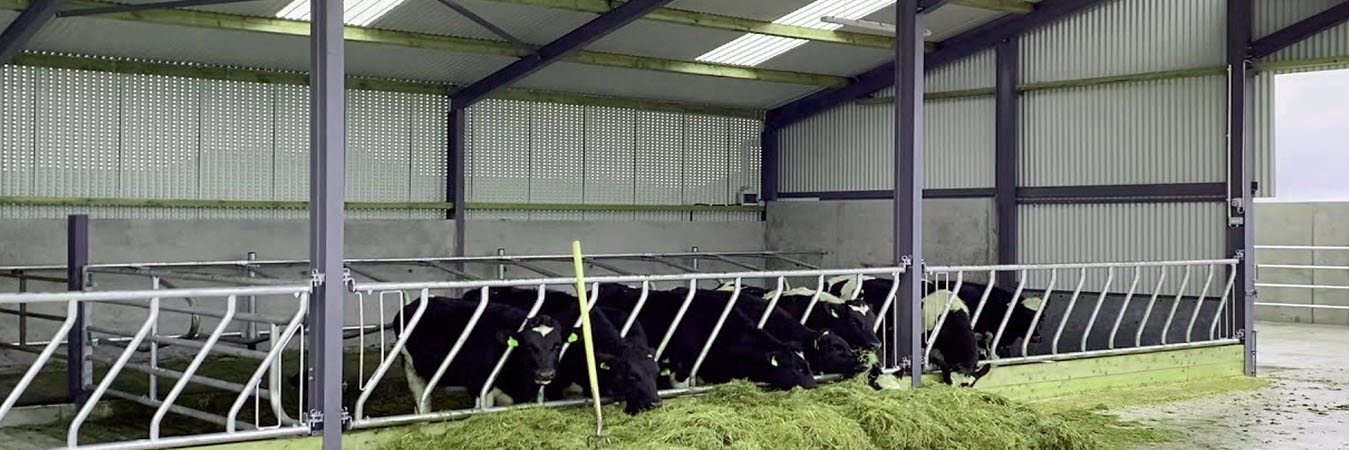


Poultry roofing contractor meat is the most generally eaten meat in the world and provides a large part of the world population with high quality animal protein. The world's population is growing and the depletion of meat per person is still increasing. The demand for chicken meat will therefore only continue to increase for the expected future.
Well-defined biosecurity practices throughout broiler production (pre-, during and post-placement) are pivotal to successful poultry production. Effective bio security can aid hygiene, vermin and insect control on-farm and help to limit disease dispatch within and between barns.
Adequate downtime of at least with suitable cleaning and disinfection measures between flock placements helps to reduce transmission of disease between flocks and allows time to prepare for the next flock.
Pre-placement preparation is needed before the new flock happen to help prevent losses during brooding and the rest of grow out. Checkpoints to keep in mind: heaters, floor temperature, temperature and relative moisture probes, ventilation, drinkers, feeders, etc.
Coccidiosis is a disease caused by a microscopic intestinal parasite. This parasite can have an impact on intestinal unification and may predispose birds to other intestinal problems. Maintaining intestinal unification during this time through innovative technologies provided in the Management program is analytic in allowing birds to perform to their maximum levels despite gut health challenges.
With today’s improved genetic capabilities and the fast growth of birds, more time is being spent during the critical brooding phase. As a result, ensuring a good start in poultry production can have an important impact on the future health and performance of the birds. The brooding period is an important time for intestinal growth and the development of a estimate
The litter in a poultry house acts as bedding for the birds. In addition to standing and resting on the bedding, birds will naturally peck at the litter. Litter condition and quality have an impression on broiler intestinal health and reward, starting from when the chicks are placed all the way through production.
Wet litter presents a vicious cycle for intestinal health. Without proper management, even in patches, wet litter can serve as a breeding ground for potential pathogens and may be a starting point for abdominal stress that develops and leads to disease. As wet litter problems increase, ammonia levels in the barn rise, which can be potentially harmful to bird health. It is much easier to prevent and manage litter moisture conditions before they start.
Some factors to consider which may help prevent the development of wet litter: type of material, quality of litter, litter depth, water quality, drinker line management, ignite, management, ventilation and temperature. Litter that is too dry and dusty can be one of much evidence that the birds may not be drinking enough. Too much dusty material may lead to breathing problems.
#industrialconstructionchennai| #warehouseconstructionchennai| #factoryconstructionchennai| #godownconstructionchennai| #industrialconstructionchennai| #pebconstructionchennai| #preengineeringbuildingconstructionchennai| #commercialbuildingconstructionchennai| #coldstorageconstructionchennai| #warehousemanufacturersconstructionchennai| #prefabricatedconstructionchennai| #prefabconstructionchennai| #prefabindustrialconstructionchennai| #industrialcontractorschennai| #warehousecontractorschennai| #factorycontractorschennai| #godowncontractorschennai| #pebcontractorschennai| #commercialbuildingcontractorschennai| #coldstoragecontractorschennai| #warehousemanufacturerscontractorschennai| #prefabricatedcontractorschennai| #prefabcontractorschennai| #prefabindustrialcontractorschennai